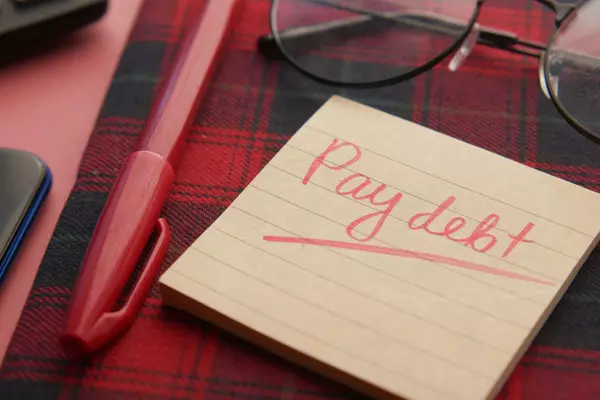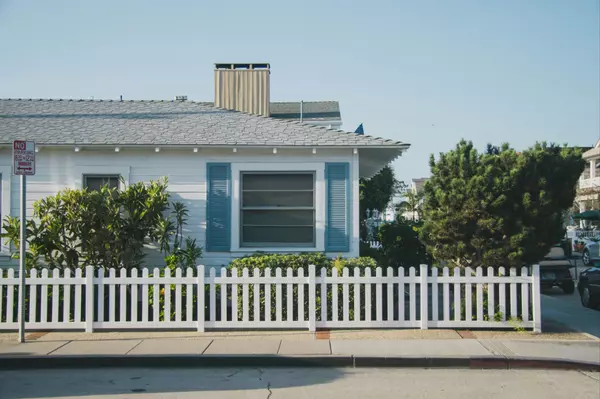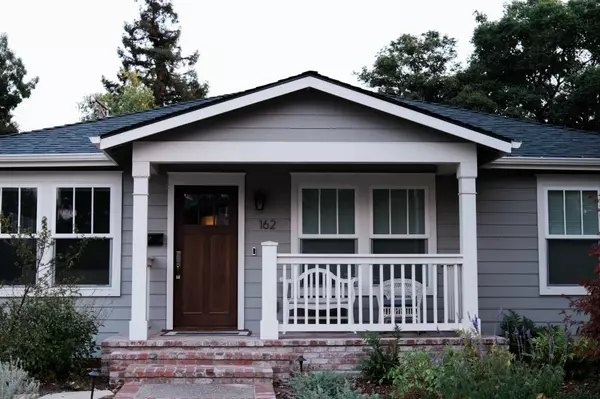What Is an Earnest Money Deposit?


When it comes to buying a home, there are several steps involved in the process, and one of the most important aspects is making an earnest money deposit. If you're a first-time homebuyer or even an experienced buyer, it's crucial to understand what an earnest money deposit is and how it can affect your real estate transaction.
An earnest money deposit, also known as a good faith deposit, is a sum of money that a buyer provides to the seller as a sign of their commitment to purchasing the property. It is typically submitted at the beginning of the buying process, along with the offer to purchase the property. The purpose of this deposit is to show the seller that the buyer is serious about the transaction and has the financial means to complete the purchase.
The amount of earnest money needed can vary depending on various factors, such as the local real estate market, the purchase price of the property, and the preferences of the seller. Typically, earnest money deposits range from 1% to 5% of the purchase price. For example, if you're buying a home for $300,000, your earnest money deposit could be anywhere from $3,000 to $15,000.
Some buyers may wonder what the difference is between a good faith deposit and an earnest money deposit. While both terms are often used interchangeably, they essentially refer to the same thing. Both deposits serve as a guarantee to the seller that the buyer is acting in good faith and is committed to the transaction. These deposits are often held in an escrow account until the closing of the sale.
The timing of when the earnest money deposit is due can vary depending on the terms negotiated between the buyer and seller. In most cases, the deposit is submitted within a few days after the seller accepts the buyer's offer. However, it's important to carefully review the terms and conditions of the purchase agreement to determine the specific deadline for submitting the deposit.
If, for any reason, the buyer decides not to proceed with the purchase, the earnest money deposit may be at risk. The purchase agreement should outline the conditions under which the deposit can be returned to the buyer or forfeited to the seller. It's crucial for buyers to thoroughly understand these terms before making an earnest money deposit.
In some cases, the earnest money deposit can be applied towards the down payment or closing costs of the property. This can be a significant benefit for the buyer, as it reduces the amount of cash they need to bring to the closing table. However, it's essential to discuss this possibility with your real estate agent and lender to understand how this process works in your specific situation.
In conclusion, an earnest money deposit plays a crucial role in the home buying process. It demonstrates the buyer's commitment to purchasing the property and provides a level of security for the seller. The amount of earnest money required can vary, and it's important to understand the terms and conditions surrounding its use and potential forfeiture. With proper knowledge and guidance from your real estate agent, navigating the earnest money deposit process can be a smooth and successful step towards homeownership. When you are ready to buy, sell or do both schedule a consultation with me at www.jameswhooker.com.
Categories
Recent Posts











"Molly's job is to find and attract mastery-based agents to the office, protect the culture, and make sure everyone is happy! "
